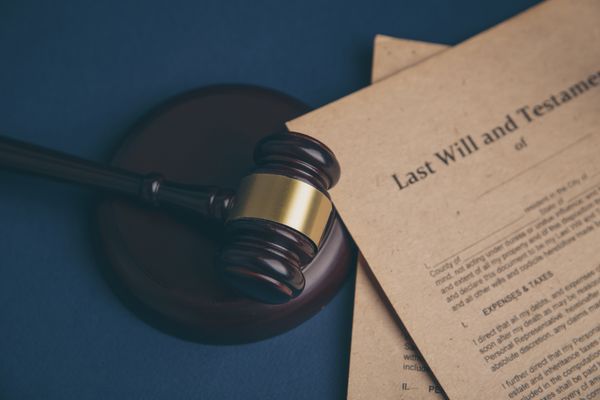When you die, you not only leave behind all your loved ones, you leave behind all your property — both real, personal, and digital. You may also leave behind a business, unpaid taxes or debts.
But how is all of your property handled when you die? How are your taxes paid and who winds up your business? Who closes out all your bank accounts and pays your debts or sells you house?
The answer is, your “personal representative.”
The Personal Representative of an Estate.
Also known as an “executor” (or “executrix”) or “administrator” depending on where you live, in Florida, (subject to certain limitations) a personal representative is the person who serves to administer the distribution of the testator’s (the deceased’s) estate.
Most often the personal representative is named a will. (Having a proper will is one reason why you should always work with an experienced estate and probate attorney.) However, if no one is named in the will, or if the named personal representative cannot serve and no alternate has been named, the court will appoint someone to administer the estate.
If you die without a will (“intestate”), the probate court will decide who will administer your estate.
What Does the Personal Representative Do?
Although you may feel honored when you learn that a relative has elected you to be his or her personal representative, you need to be aware of the fact that this is a difficult and time-consuming job.
The personal representative is key to estate administration and he/she has a number of important tasks to complete before the estate can be closed. Among other things, it is his/her (or “its” if you elect an entity like a bank as your personal representative) job to do the following:
- Locate all heirs
- Find and take control of all of the decedent’s assets
- Pay all creditors
- Pay all debts of the estate
- File all required tax returns and pay all estate taxes
- Prepare a final accounting
- Distribute all assets and close the estate.
The personal representative has the same power over the estate’s assets as would the true owner (i.e., the deceased).
However, before he or she can exercise this power, he must be appointed by the court. That means that the first step in any estate administration is to petition the court to have the estate administered. Once “letters of administration” are issued by the court, the personal representative can begin collecting all of the assets.
All of the personal representative’s tasks must be performed in accordance with the terms of the deceased’s will and any court orders or statutory obligations. They must also be performed as “expeditiously and efficiently” as possible.
It is important to note that a personal representative is a “fiduciary.” A fiduciary is a person who is in a position of trust and is legally and morally obligated to act in the best interests of the person or entity he is, in essence, working for. In this case, that means the probate estate (or, decedent’s estate). The personal representative’s fiduciary duties mean that if for any reason the personal representative fails in his duties or fails to act in the “best interests of the estate,” he can be held personally liable to the heirs of the estate.
The duties of a personal representative are critical to administering an estate. But carrying out those duties can be difficult and complicated. Because of this, most personal representatives hire probate counsel to assist them.
Protecting Your Family is Just a Phone Call Away.
Don’t leave planning for your future and that of your loved ones to chance. All it takes is one phone call to SJF Law Group to ensure that your wishes will be followed and your loved ones taken care of when you are gone. We expertly guide individuals through the complex probate process, and capably handle all aspects of the creation, administration, and settlement of trusts as well. When you work with the estate planning attorneys at SJF Law Group, you get more than just an estate plan: you get peace of mind. Call us at 954-580-3690 or email us at: info@estateandprobatelawyer.com today.


